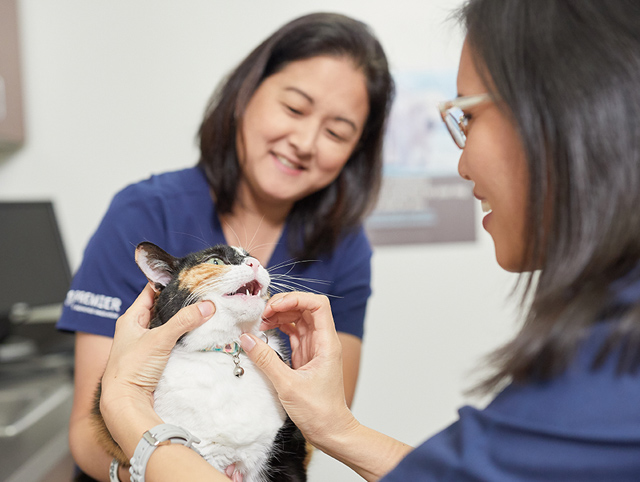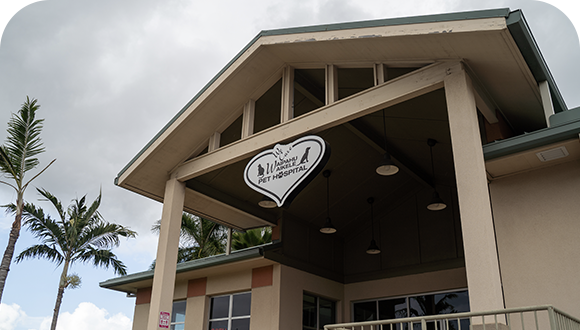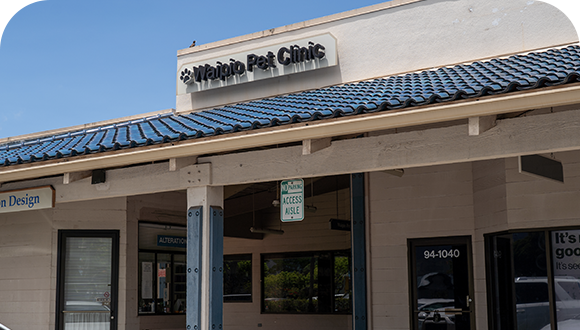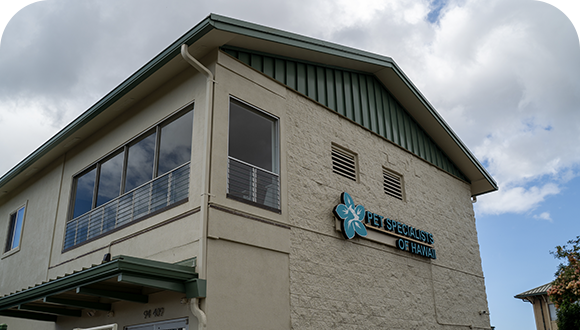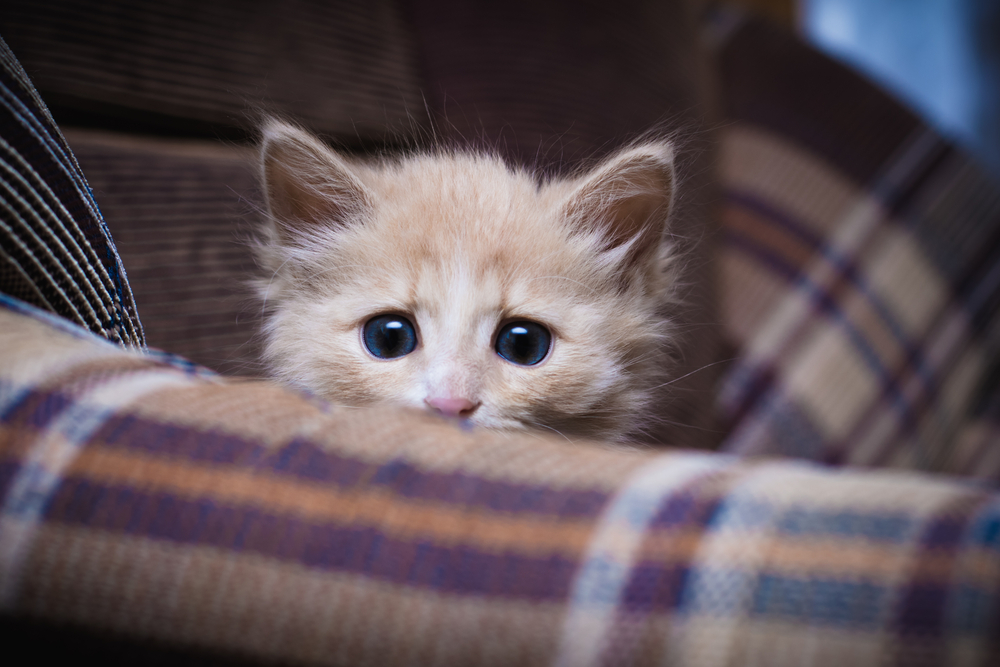
Cats are known for their cool and composed demeanor, but that does not mean they are immune to stress. In fact, many cats experience anxiety, though it often appears in ways we might not expect. Whether it is a change in your home, the addition of a new pet, or an underlying health issue, anxiety in cats is more common than many people realize. Recognizing the early signs is essential to helping your cat feel safe and supported before the issue becomes more serious.
What Causes Anxiety in Cats?
Anxiety in cats can stem from various triggers; changes in the home environment, the introduction of new pets, loud noises, or separation from their favorite person. Sometimes, medical conditions such as hyperthyroidism or pain can also cause behavior changes that mimic anxiety. Understanding the signs of anxiety in cats can help you respond early and provide the comfort and care your pet needs.
Hiding or Avoiding Interaction
A cat who suddenly begins hiding under beds, behind furniture, or in closets more than usual may be feeling overwhelmed. This withdrawal can be triggered by a move, new family member, unfamiliar guests, loud noises, or other household changes. If your typically social cat becomes reclusive, it’s worth exploring the cause.
Excessive Grooming or Hair Loss
Cats are naturally clean animals, but when grooming becomes compulsive, it can lead to bald spots or skin irritation. This behavior 9known as psychogenic alopecia) is often driven by stress or anxiety and may focus on areas like the abdomen, legs, or sides.
Changes in Appetite or Eating Habits
An anxious cat might eat significantly less or more than usual. Skipping meals, rapid weight loss, or sudden interest in food can all be indicators. While some cats are picky eaters, ongoing changes in appetite should be assessed by a vet, as they can signal both anxiety and underlying health issues.
Aggression Toward People or Other Pets
Unexplained aggression (such as swatting, growling, or biting) may arise when a cat feels scared or threatened. Anxiety can heighten a cat’s fight-or-flight response, making them more defensive even in familiar surroundings.
Inappropriate Litter Box Use
Urination or defecation outside the litter box is one of the most frustrating behaviors for cat owners - and a common symptom of anxiety. Cats may mark territory to cope with stress or avoid the litter box altogether if they associate it with discomfort or change.
Destructive Behaviors
Cats might chew wires, scratch furniture, or knock over objects when they feel anxious or bored. These behaviors serve as an outlet for pent-up energy or nervousness, especially in environments lacking stimulation or routine.
What Your Can Do at Home
Here are some supportive steps you can take at home:
• Maintain a consistent routine: Regular feeding, playtime, and sleep schedules help cats feel secure.
• Create a safe space: Offer a quiet area with cozy bedding, toys, and access to food/water.
• Use calming products: Feline pheromone diffusers or sprays (like Feliway) can create a calming environment.
• Increase enrichment: Play with your cat daily using interactive toys or puzzle feeders.
If the anxiety persists or escalates, it's time to consult your veterinarian.
Let Us Help Your Cat Feel at Ease
At Pet Hospitals of Hawaii, we understand how important your cat’s emotional well-being is. Our experienced veterinarians can help determine the cause of your cat’s anxiety and recommend personalized solutions - whether that’s a change in environment, behavioral therapy, or medical intervention.
If your cat is showing signs of anxiety, schedule a wellness exam at Pet Hospitals of Hawaii and let’s help your feline friend feel safe, calm, and cared for. Visit our office in Waipahu, Wahiawa, Makai, or Kailua, Hawaii. Call (808) 671-7387 (PETS) to book an appointment today.


